Uber aims to demonstrate its flying cars in 2020
The ride-hailing firm is looking to take to the skies
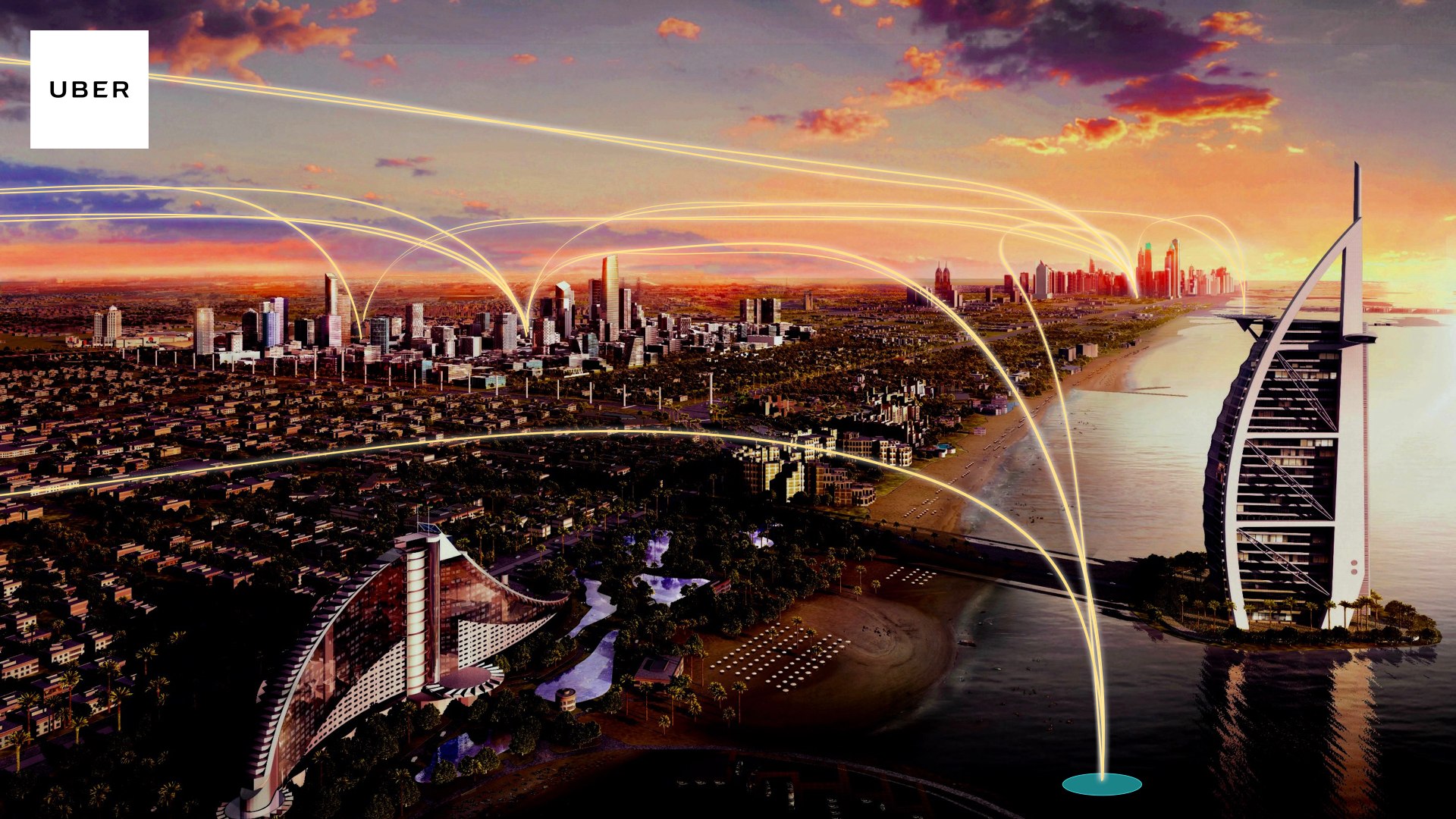
Flying taxis that take you around cities at the press of a button sounds like the far flung future - or at least like the setting of The Fifth Element.
But Uber wants to make that vision reality much sooner - by 2020, in fact. The ride-hailing firm aims to demonstrate its airborne cabs, which people can order to take them around cities - during the 2020 World Expo in Dubai.
Revealing its plans during its inaugural Elevate summit yesterday, Uber also unveiled a series of partnerships known as the Elevate initiative with real estate companies, aircraft manufacturers, electric vehicle manufacturers and two cities.
The first partner cities are Dallas-Fort Worth and Dubai. Dallas-Fort Worth is looking to be the first metropolitan area in the US to explore a flying car pilot and Uber also recently entered into a partnership with the Dubai Road and Transport Authority, which will be funding studies for demand modelling in the region to better understand pricing and network optimisation.
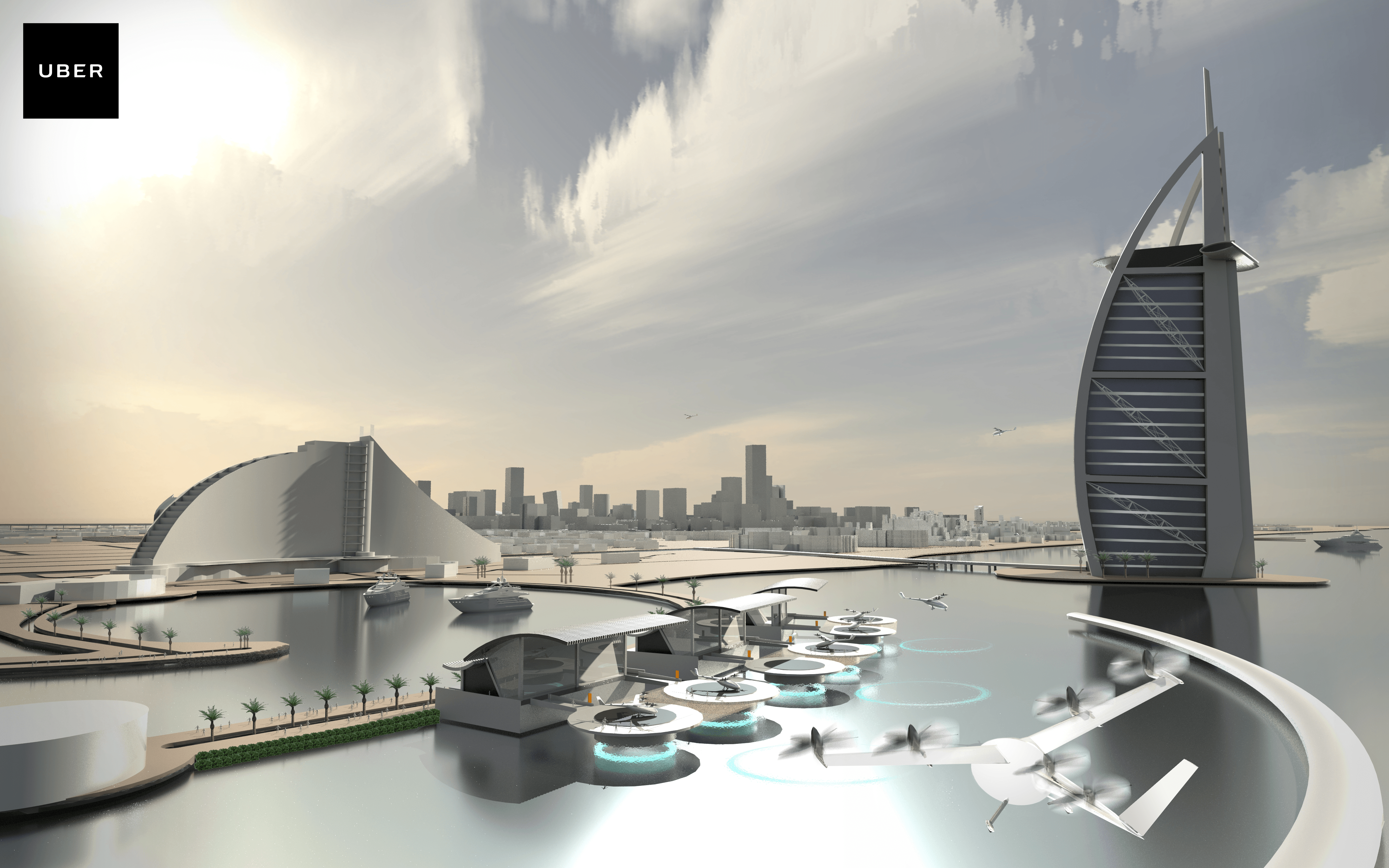
In both of these cities, Uber said it needs to develop infrastructure partnerships with local real estate companies in order to construct vertiports for a future Uber Elevate Network. The company has already partnered with Hillwood Properties in Dallas-Fort Worth and is looking to partner with several real estate companies in Dubai in order to do this.
Uber also partnered with aircraft manufacturers who are developing electric VTOL vehicles such as Aurora Flight Sciences, Pipistrel Aircraft, Embraer, Mooney and Bell Helicopter. The company also needs to develop a VTOL charger for the Uber Elevate Network so has partnered with ChargePoint for this to happen.
Chief Product Officer at Uber Jeff Holden said: "What started as a simple question 'why can't I push a button and get a ride?' has turned, for Uber, into a passionate pursuit of the pinnacle of urban mobility - the reduction of congestion and pollution from transportation, giving people their time back, freeing up real estate dedicated to parking and providing access to mobility in all corners of a city. Urban Aviation is a natural next step for Uber in this pursuit, which is why we are working to make push a button, get a flight a reality."
Get the ITPro daily newsletter
Sign up today and you will receive a free copy of our Future Focus 2025 report - the leading guidance on AI, cybersecurity and other IT challenges as per 700+ senior executives
The event will prove a welcome relief to the embattled company from headlines about its investigation into claims of sexism at the firm, breaking Apple's privacy rules, and court battles.
Pictures courtesy of Uber
08/02/2017:Uber hires NASA expert to research flying car
Uber has appointed ex-NASA executive Mark Moore as director of engineering for aviation in its Elevate division - the department that is trying to develop a flying taxi.
It's hoped Moore can provide the knowledge necessary to make Uber's dream a reality and transport the automated cars it's researching from the road up into the skies.
Uber released a whitepaper back in October explaining its decision to research drone vehicles, which will feature vertical take-off and landing technology to ensure they can launch from almost anywhere.
It discussed the benefits of on-demand urban air transportation, explaining it will enable commuters to get to their place of work in minutes rather than hours.
"Imagine traveling from San Francisco's Marina to work in downtown San Jose a drive that would normally occupy the better part of two hoursin only 15 minutes," the company said. "What if you could save nearly four hours round-trip between So Paulo's city center and the suburbs in Campinas?"
The white paper included Moore as one of the contributors to its research, so it's not surprising he decided to make the jump to the on-demand taxi service when they realised his expertise in the field. In fact, his work on a similar project for NASA made him perfect to fill the vacancy at Uber's flying car division.
Moore said the main problem with flying cars is that battery technology hasn't developed far enough to provide the vehicles with the power they need to stay in the air for prolonged periods of time.
Uber is working with Volvo and Daimler for its road-based automated car technology, but it's not clear if it'll be working with other partners for its air vehicles.
Image credit: Uber
Zach Marzouk is a former ITPro, CloudPro, and ChannelPro staff writer, covering topics like security, privacy, worker rights, and startups, primarily in the Asia Pacific and the US regions. Zach joined ITPro in 2017 where he was introduced to the world of B2B technology as a junior staff writer, before he returned to Argentina in 2018, working in communications and as a copywriter. In 2021, he made his way back to ITPro as a staff writer during the pandemic, before joining the world of freelance in 2022.
-
 Bigger salaries, more burnout: Is the CISO role in crisis?
Bigger salaries, more burnout: Is the CISO role in crisis?In-depth CISOs are more stressed than ever before – but why is this and what can be done?
By Kate O'Flaherty Published
-
 Cheap cyber crime kits can be bought on the dark web for less than $25
Cheap cyber crime kits can be bought on the dark web for less than $25News Research from NordVPN shows phishing kits are now widely available on the dark web and via messaging apps like Telegram, and are often selling for less than $25.
By Emma Woollacott Published
-
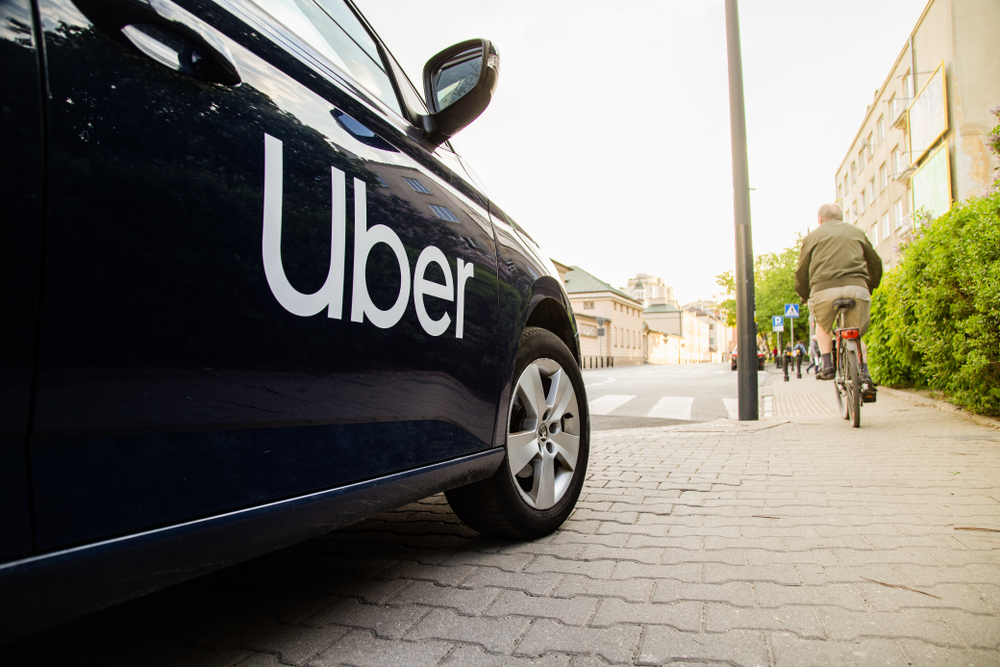 Uber launches contact-tracing service for public health officials
Uber launches contact-tracing service for public health officialsNews Gives health officials data on drivers and riders who may have come into contact with someone infected with the coronavirus
By Sarah Brennan Published
-
 When the disruptors are disrupted
When the disruptors are disruptedOpinion The coronavirus pandemic has laid bare structural weaknesses in the sharing economy. Can the sector ever recover?
By Jane McCallion Published
-
 Uber, WeWork cause SoftBank to lose 99% of quarterly profit
Uber, WeWork cause SoftBank to lose 99% of quarterly profitNews Huge losses threaten the future of the Vision Fund
By Sabina Weston Published
-
 ICO fines Uber £385,000 following its 2016 data breach
ICO fines Uber £385,000 following its 2016 data breachNews The penalty follows an investigation by the watchdog into Uber’s 2016 data breach
By Connor Jones Published
-
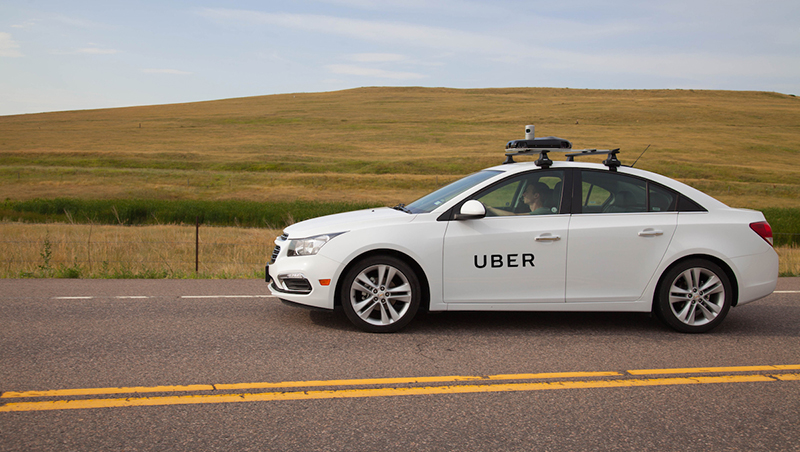 Uber vs Waymo: Uber settles Waymo lawsuit for $245 million
Uber vs Waymo: Uber settles Waymo lawsuit for $245 millionNews The deal brings the long-running case over self-driving trade secrets to an end
By Nicole Kobie Published
-
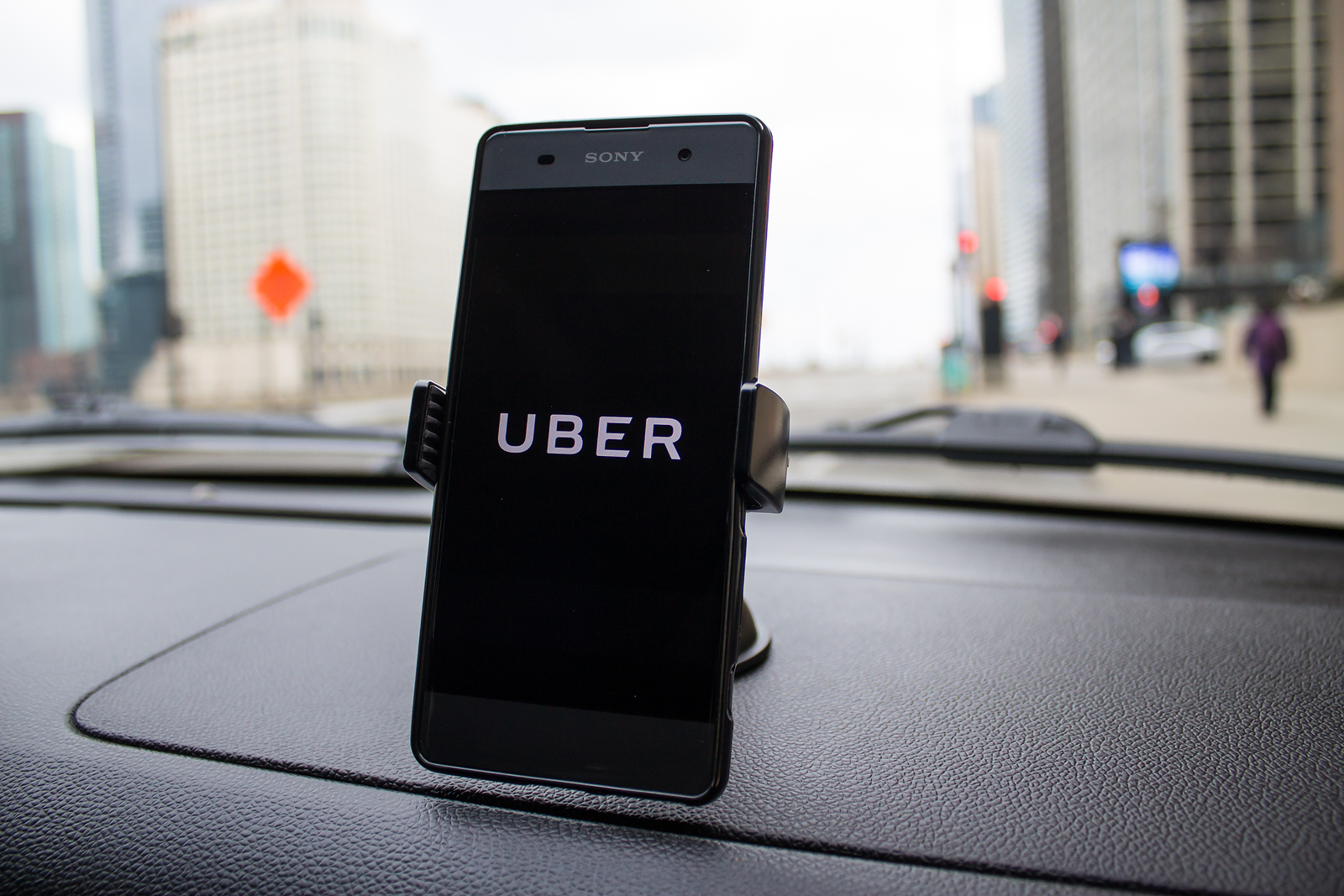 Uber edges closer to '$10 billion' SoftBank investment
Uber edges closer to '$10 billion' SoftBank investmentNews Japanese tech giant will lead consortium buying an additional 17% stake in the ride-hailing firm - report
By Dale Walker Published
-
 Uber's planning its IPO for 2019
Uber's planning its IPO for 2019News The decision could affect its investment from SoftBank, however
By Clare Hopping Published
-
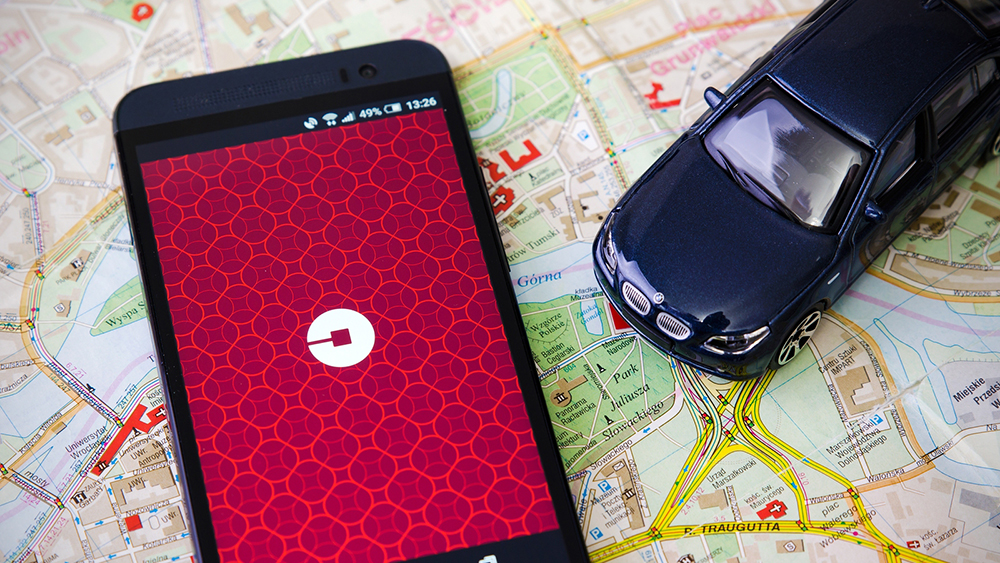 New CEO plans to take Uber public within three years
New CEO plans to take Uber public within three yearsNews Dara Khosrowshahi wants to see change at Uber, and that may include an IPO
By Nicole Kobie Published

